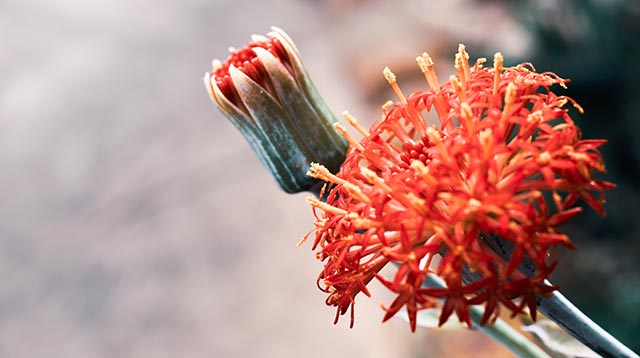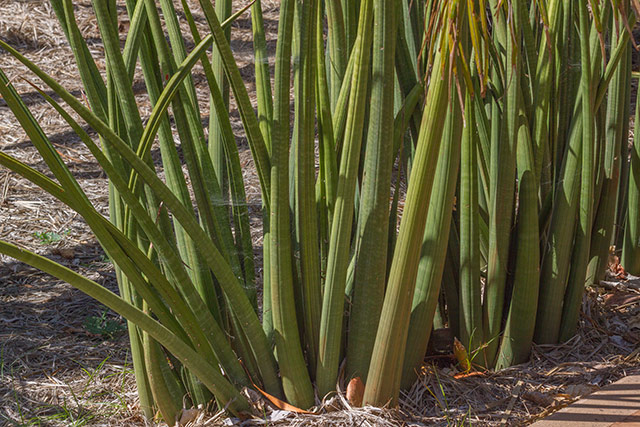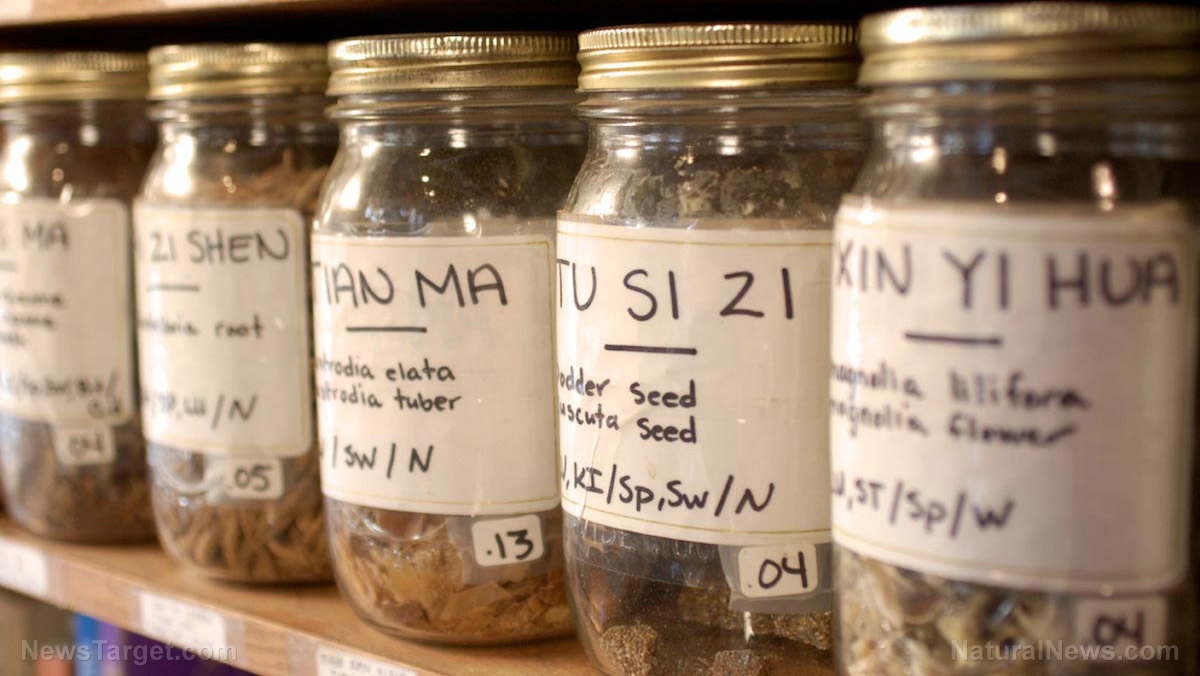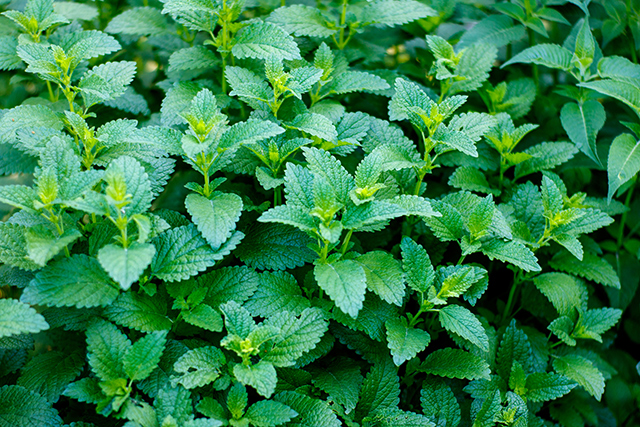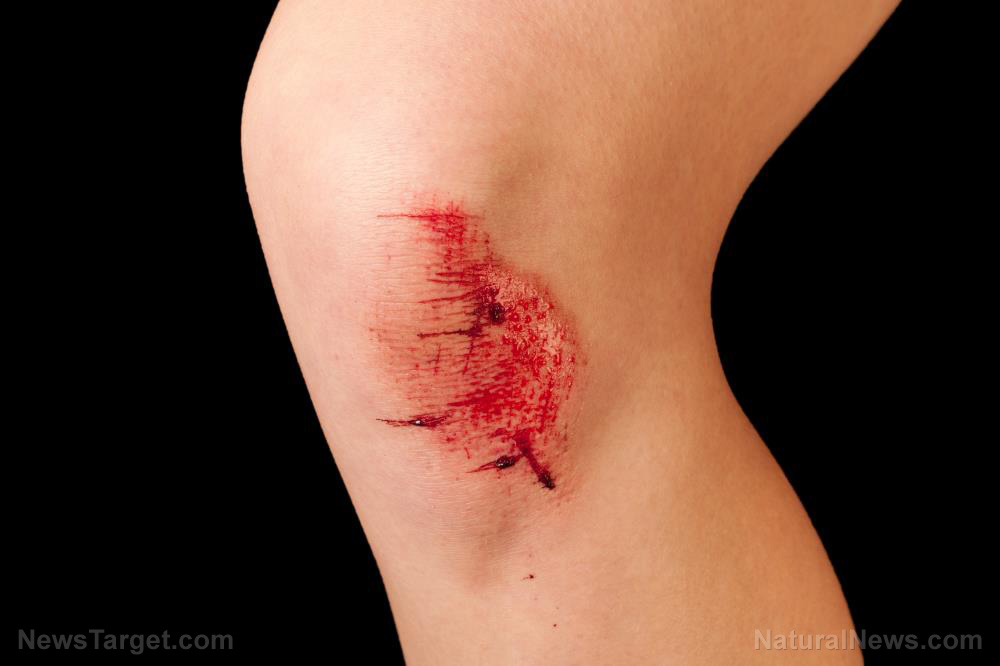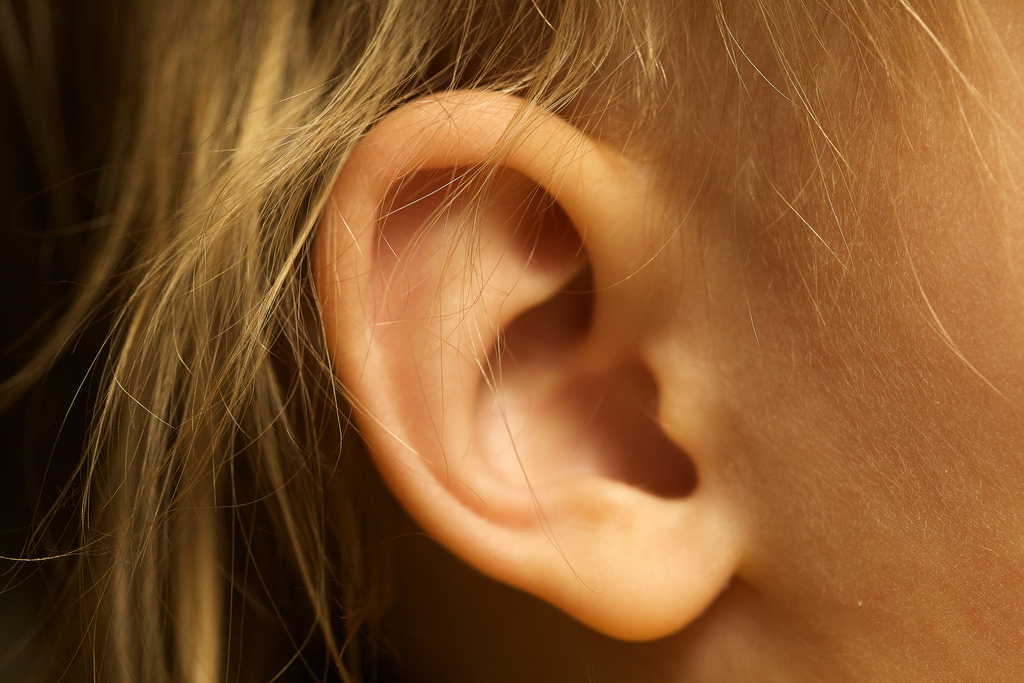Natural remedies for eczema
11/14/2017 / By Michelle Simmons

Eczema is a condition that causes red, inflamed, and itchy skin. It is characterized by red or brownish-gray small raised bumps on the skin, which leaks and weeps fluid when scratched. There are approximately 31.6 million people in the U.S. that suffer from some form of eczema, with atopic dermatitis being the most common form among adults. Some people who suffer from eczema, seek traditional Chinese medicine because there is no known cure for the condition. The choice to switch to integrative medicine is common among those who have found minimal relief from Western medicine therapies. According to research, traditional Chinese medicine (TCM) is safe and effective in treating the allergic skin condition and in improving the quality of life of the patient.
Some of the natural remedies for eczema include acupuncture, hypnosis, Chinese herbs, natural therapies, diet, probiotics, and vitamins. Acupuncture works well for nerve pain and itch modulation. It also reduces stress and improves one’s overall sense of well-being, which can help with outbreaks. Acupuncture likewise reduces the allergic responses that can cause eczema and relieves skin irritation and general discomfort. This natural method is considered safe, yet it can be costly.
Hypnosis, another natural remedy, helps with stress reduction and certain behavioral components of eczema. Although safe, treating the disease with hypnosis can be time-consuming and expensive at the same time.
Herbal medicinal treatment, which includes creams applied topically and medicines taken orally, work to cool the body and soothe the tissues on the affected area to heal acute flare-ups and provide long-term enhancements of the condition. Several natural substances that may be used as herbal medicines are sunflower seed oil and coconut oil. Sunflower seed oil applied externally alleviates itchiness and inflammation. In addition, it improves the function of the skin barrier. Meanwhile, coconut oil contains antibacterial properties that can help treat eczema.
There are a lot of types of diets that are recommended for treating eczema, such as the dairy-free diet, gluten-free diet, low-allergen diet, or avoiding food that contain high amounts of sugar, dyes, yeast, or alkaline. In addition, avoiding processed foods, and having a natural, organic, and balanced meal can be helpful.
Probiotics do not only benefit the gut health, but also benefit the skin. Previous studies revealed that probiotics, when given to pregnant women or those who are breastfeeding, help prevent eczema in infants. Moreover, probiotics are known to maintain bacterial balance in the gut and reduce inflammation, including skin inflammations.
One of the vitamins that may help with eczema is vitamin D. According to studies, having high levels of vitamin D in the body decreases the risk of eczema, as more severe cases of eczema is correlated with lower levels of the vitamin. This seems a reasonable treatment for most eczema patients because it is safe and not costly. However, the relationship between vitamin D and eczema needs more research. Another vitamin that can help relieve eczema is vitamin B12, although it also need more evidence to prove its effectiveness on eczema relief.
To provide relief for eczema, there are several lifestyle habits that need to be changed, according to an article by Prevention.com. One of these is changing your diet by including more fruits and vegetables, and reducing the intake of animal protein. Another lifestyle change is to use products that are free from dye and fragrance. Lastly, stay away from things that make you stressed.
Sources include:
Tagged Under: acupuncture, dairy free, Diets, eczema, gluten free, herbal medicine, hypnosis, natural cures, natural healing, nutrition, probiotics, skin health, traditional Chinese medicine


